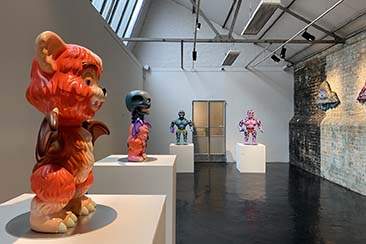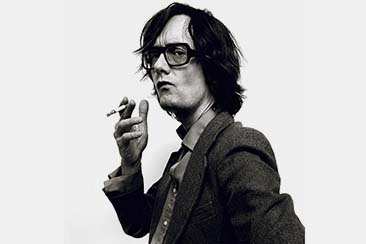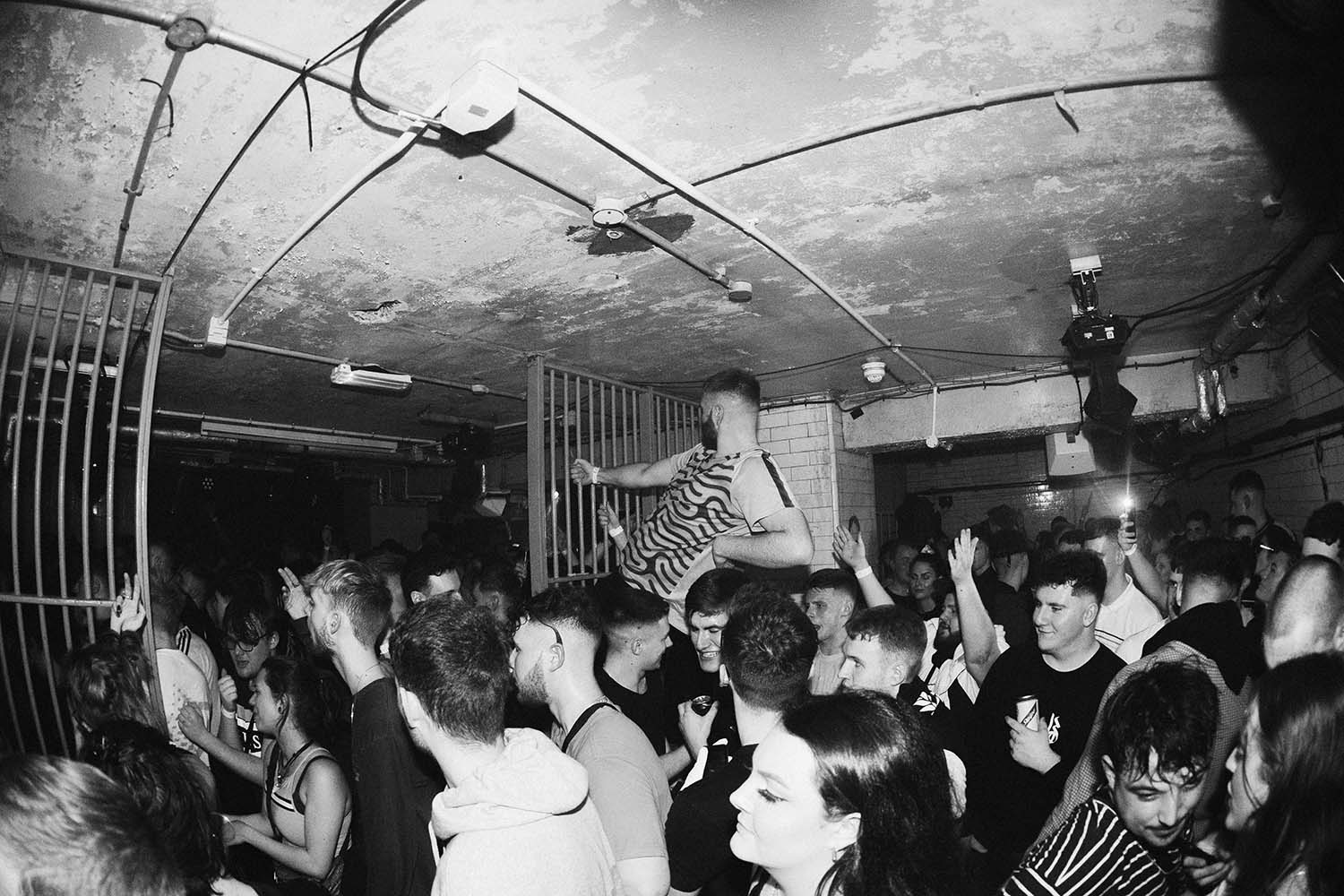A revealing trio of exhibitions is shining a light on the lesser seen work of three of the 20th Century’s great American artists. Beat novelist William S. Burroughs, pop art king Andy Warhol and filmmaker David Lynch are united by distinguished photographic output, and The Photographer’s Gallery, London, has gathered together archive material on each of them for the exhibitions running concurrently between 17 January and 30 March 2014.
Coinciding with the 100th anniversary of Burroughs’ birth, Taking Shots is the first major exhibition of the writer’s photography ever shown. With such a raging heroin habit for most of his adult life (as alluded to in the exhibition title taken from début novel Junky), it’s a wonder Burroughs made it as far as the typewriter, let alone found the get up and go to pursue other artistic interests. This collection of more than 100 images taken between the 1950s and ’70s shows his remarkable energy, and besides the main body of work there will be examples of his detailed collages, postcards, and a chance to see Towers Open Fire, a short film from 1963 made by the writer’s long-time friend Antony Balch. Burroughs used photography as a research tool, and revealed he used elements from his photography to build up an image of his fictional characters. A fully illustrated catalogue of the exhibition will be available from the gallery’s bookshop.
Andy Warhol’s photography needs little introduction, but this collection focuses on the last decade of the icon’s life, and represents a rare opportunity for UK gallery-goers to enjoy a extensive look at his 8”x10” print portfolio. In 1976 he “divorced” his tape recorder and took up with a new sort, his 35mm camera, and began to take pictures for their own merit rather than as a part of a larger creative process. The youngest (and most alive) of the trio, David Lynch, has a fascination with industry, pollution and decay that crops up in many of his films. More than 80 still images have been curated under the banner The Factory Photographs, taken by Lynch between 1980 and 2000. Printed on silver-gelatin paper, the prints possess a grainy texture that reflect the soot and grime of the scenes depicted.
The exhibitions normally cost £4 to enter but admission is free at certain times and there are concessions – more info is available from the gallery.
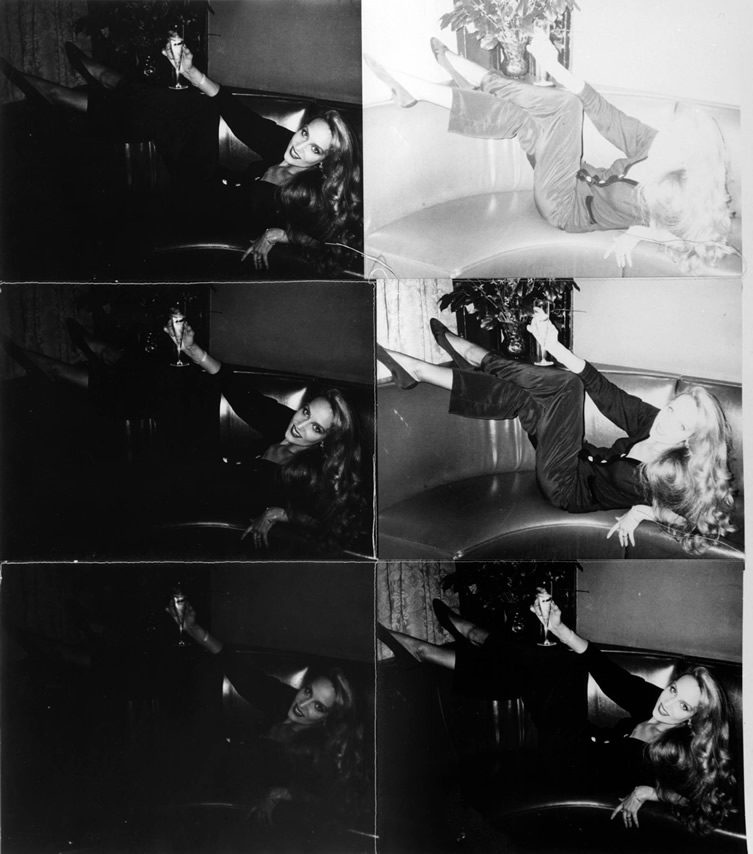
Andy Warhol
Jerry Hall Reclining on Couch, 1976 – 1987
Six silver gelatin prints stitched with thread, 80 x 69 cm
© The Andy Warhol Foundation for the Visual Arts
Courtesy Bischofberger Collection, Switzerland
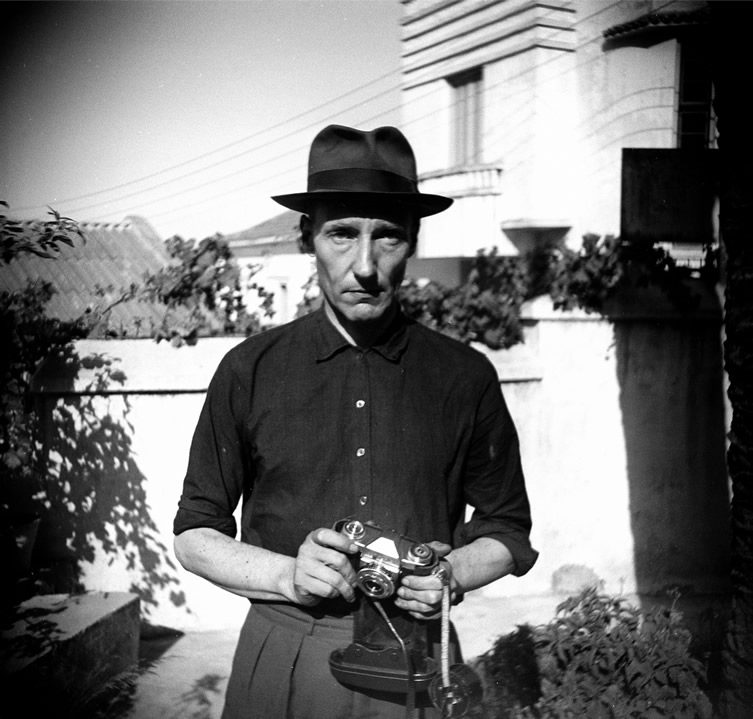
Unknown Photographer
Burroughs in the Hotel Villa Mouniria Garden, Tangier
Scan from negative
5.6 x 5.8 cm
© Estate of William S. Burroughs
Courtesy of the William S. Burroughs Estate
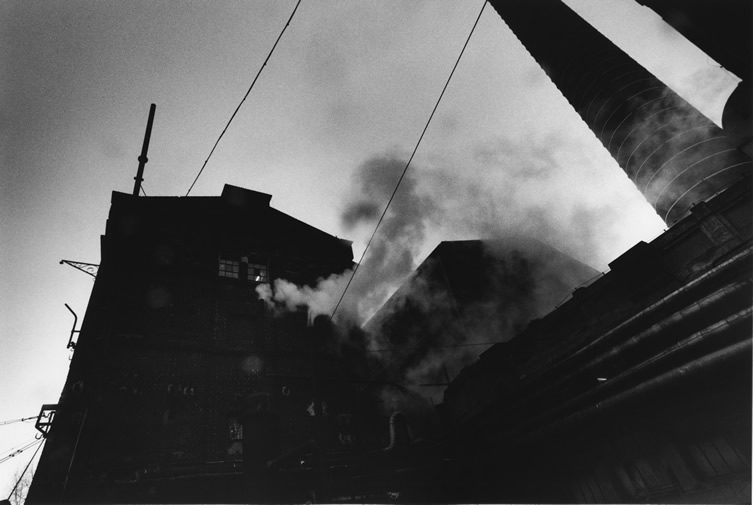
David Lynch
Untitled (Łódź), 2000
Archival gelatin-silver print
11 x 14 inches
All photographs in an edition of 11
© Collection of the artist
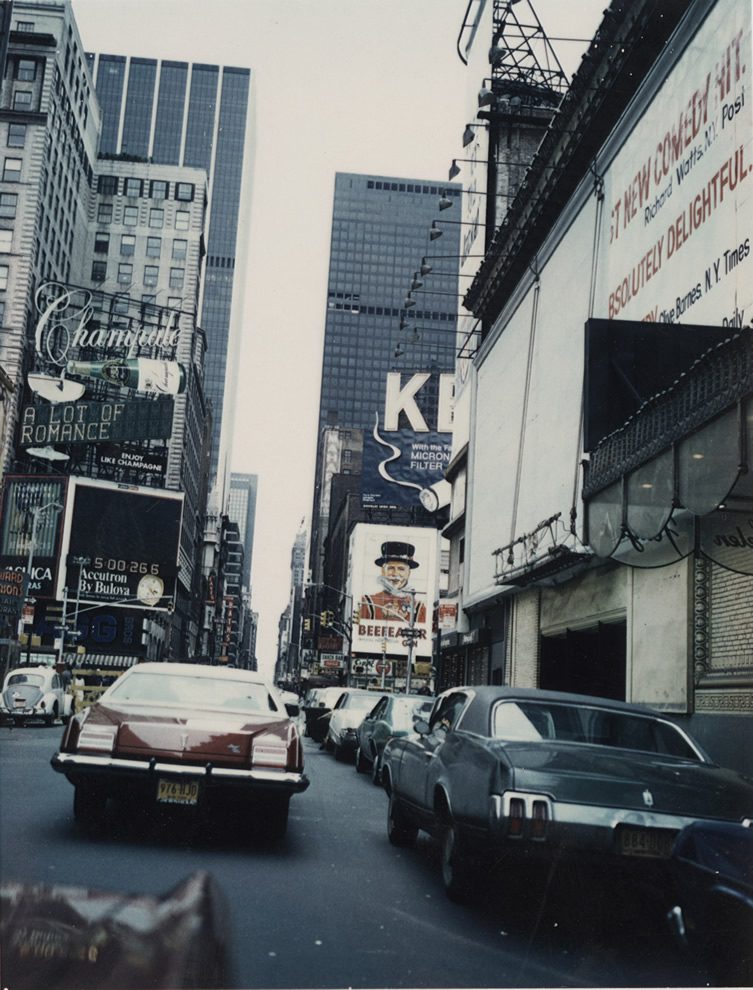
William S. Burroughs
Midtown Manhattan, 1965
C-type print, 7.3 x 5.9 cm
© Estate of William S. Burroughs
Courtesy of the Barry Miles Archive


